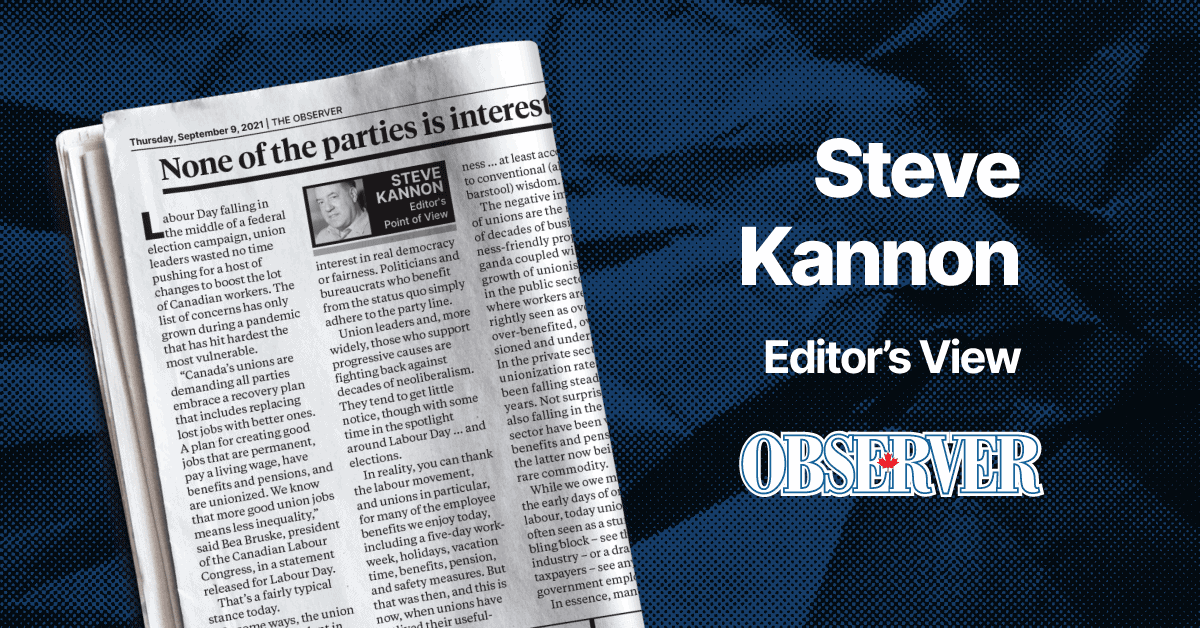;
;
;
Next Article
Fraud incident prompts police to issue warning

Italian politics have long had something of a circus vibe to them. The electoral gains this week of Giorgia Meloni’s Brothers of Italy party and its two coalition partners mean a hard-right government is likely to emerge when the dust settles. We can expect the kind of populist bombast associated wi
Last updated on May 03, 23
Posted on Sep 29, 22
4 min read
